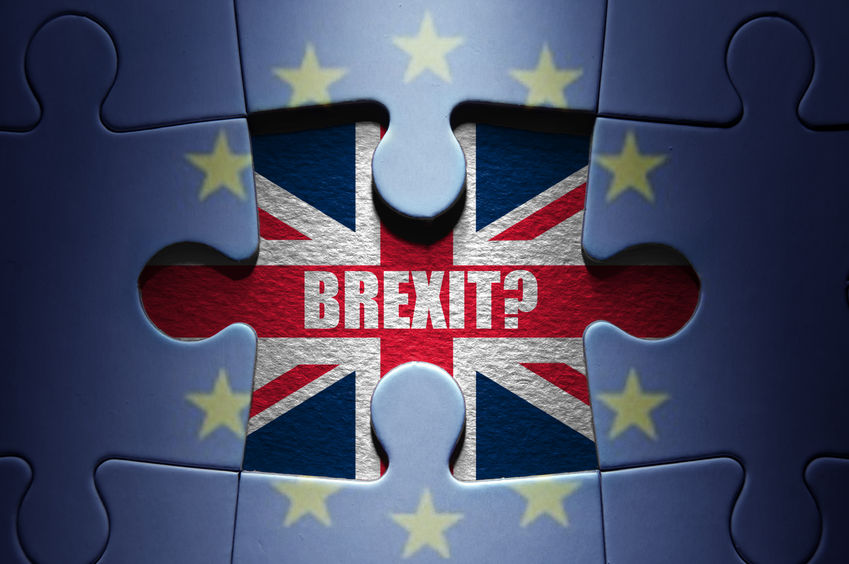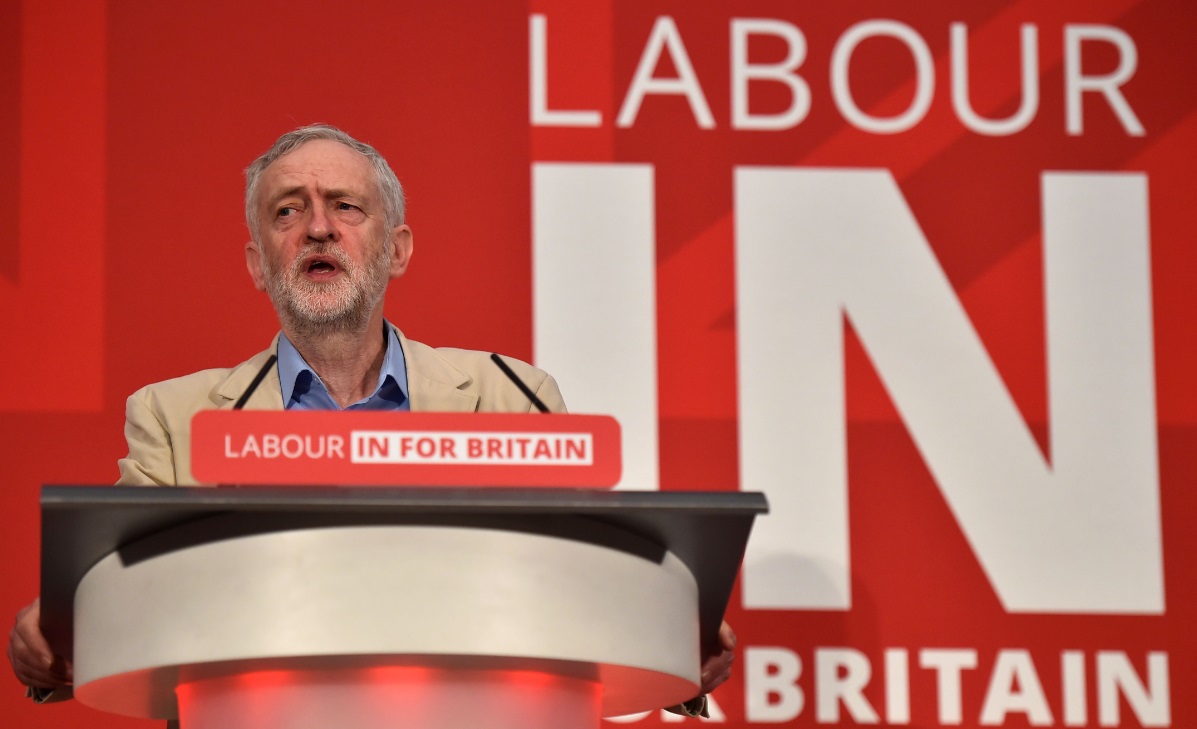
There’s no doubt that world politics in 2016 turned nationalist, anti-globalization and increasingly illiberal, and that’s clear from three touchstone elections — Philippine president Rodrigo Duterte’s election in May, the decision by British voters to leave the European Union in June and US president-elect Donald Trump’s victory in November. ![]()
But what if the Brexit referendum didn’t even happen in 2016?
Timing is everything in politics and, when former UK prime minister David Cameron originally announced that he would concede a referendum on EU membership, the law that he and his Conservative-led government later enacted in the House of Commons specified that the referendum would be held no later than December 31, 2017. From 2013 throughout much of the 2015 general election campaign across Great Britain, many commentators and politicians assumed that Cameron would hold the referendum in 2017 — and not in 2016.
* * * * *
RELATED: Leave campaign’s immigration emphasis
could trump Brexit economics
RELATED: In defense of David Cameron
* * * * *
Only after Cameron’s surprisingly strong 2015 victory did his team seriously consider moving the referendum forward to June 2016, barely a year after the Conservative Party’s sweep to reelection.
At the time, the aggressive approach made a certain amount of sense. Cameron was at the height of his political popularity after the 2015 vote, and so the sooner Cameron could move beyond the European question, the better — and the better to end the uncertainty of a Brexit that began with the 2013 decision to hold a vote. A quicker (and shorter) campaign would give the ‘Leave’ camp less time to raise money and win voters that, though divided, seemed to edge toward the ‘Remain’ camp. Another recession, perhaps sparked by a new American administration or more troubles with European banks or debt, in particular, could dampen voter moods about EU matters. Continue reading Why Cameron should have waited until 2017 to hold the Brexit referendum

